Reflecting on ARMA; ICB Approach to Musculoskeletal Services report.

In this issue of Clinical Insight, we reflect on the recently published ARMA (Arthritis and Musculoskeletal Alliance) report, which outlines the approaches of Integrated Care Boards (ICBS) to Musculoskeletal (MSK) services.
42 ICBs responded to a freedom of information request from ARMA: 12 stated they did not have a MSK lead and 14 could not provide prioritisation for MSK.
So, what does this mean? Is MSK not seen as important?
MSK pain and disability is one of the leading causes of disability and inability to work; not having this as a priority would seem to conflict with the evidence.
Is it because although MSK is complex, the vast majority of conditions are non-emergency, and as such although not well, people ultimately live with their long-term condition?
With this being so, creating a long-term blueprint for change is not going to yield quick results. Compared to reducing a waiting list for imaging, investment is not as clear cut. Increase scanners and staff, and you deliver quicker access to scans, but the whole issue of treatment access then rears its head.
Ultimately, investing in a model that is simple to assess and measure potentially draws the attention of those having to make the decisions.
Need for a Preventative MSK Management Model
We know that there is a huge need to drive a more preventative model in MSK management. This includes improving metabolic health, increasing activity, improving health literacy and access to well-being, and integrating physical and emotional health in a joined-up model.
This approach will only come to fruition over generations, and not in any immediacy.
Does this feel too large a challenge? Changing pathways, and reducing waiting lists, will not drive the inherent changes that really will affect change long term; although they will potentially lead to a positive shift in key performance indicators. This does not create an effective societal outcome.
The engagement of leadership is a key focus for the recommendations. A lead is not going to generate change solely with this responsibility and accountability; they will need authority and the funds to make the changes needed.
Without this, these roles will be empty of the capacity to drive cultural transformation around health care and behaviours that are the only ways to see /experience sustainability.
If a new MSK lead is put in place, they can only work with what they have. If they are not afforded the authority as part of the priorities, then this leads to the same outcomes that we have already witnessed.
Conclusion
In summary, this report highlights vital gaps in the MSK provision in terms of leadership and priorities, but the key to leadership creating the changes needed is something that potentially needs something radical, progressive and different.
Otherwise, we remain at risk of highlighting what we already know, but not addressing what we struggle to change.
Reference: https://arma.uk.net/wp-content/uploads/2024/08/ARMA-FOI-Report-Sep2024-Final.pdf


